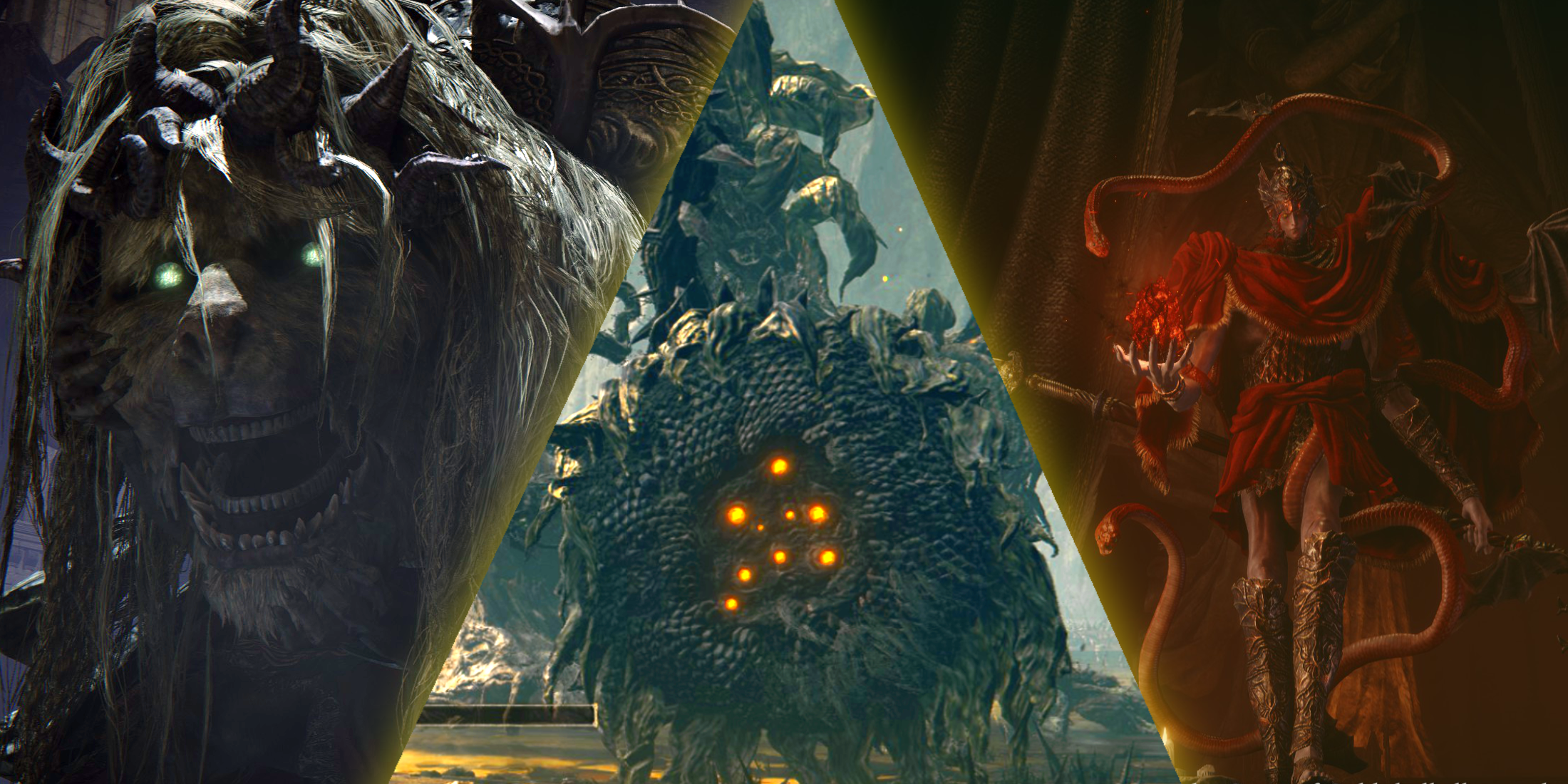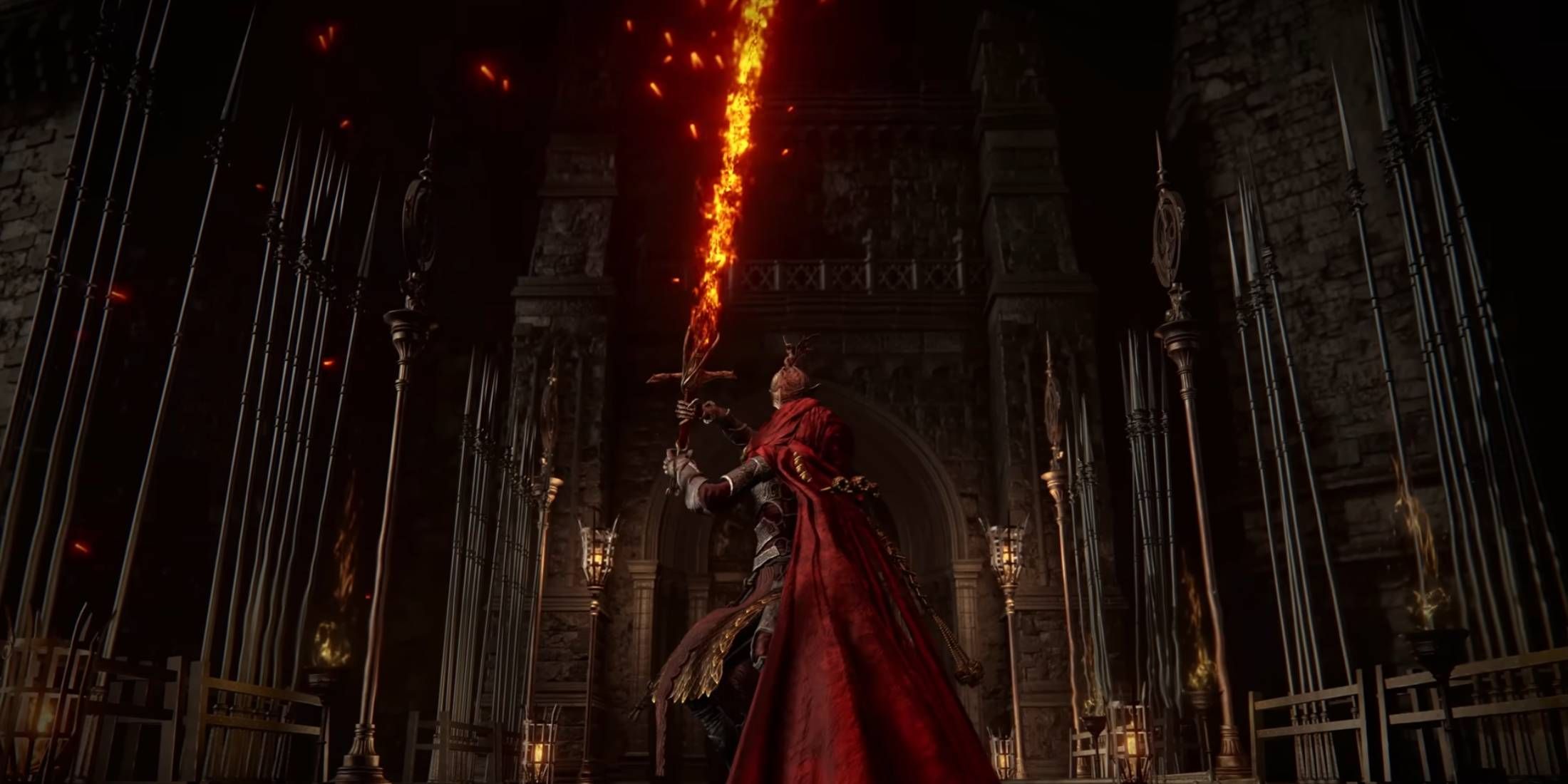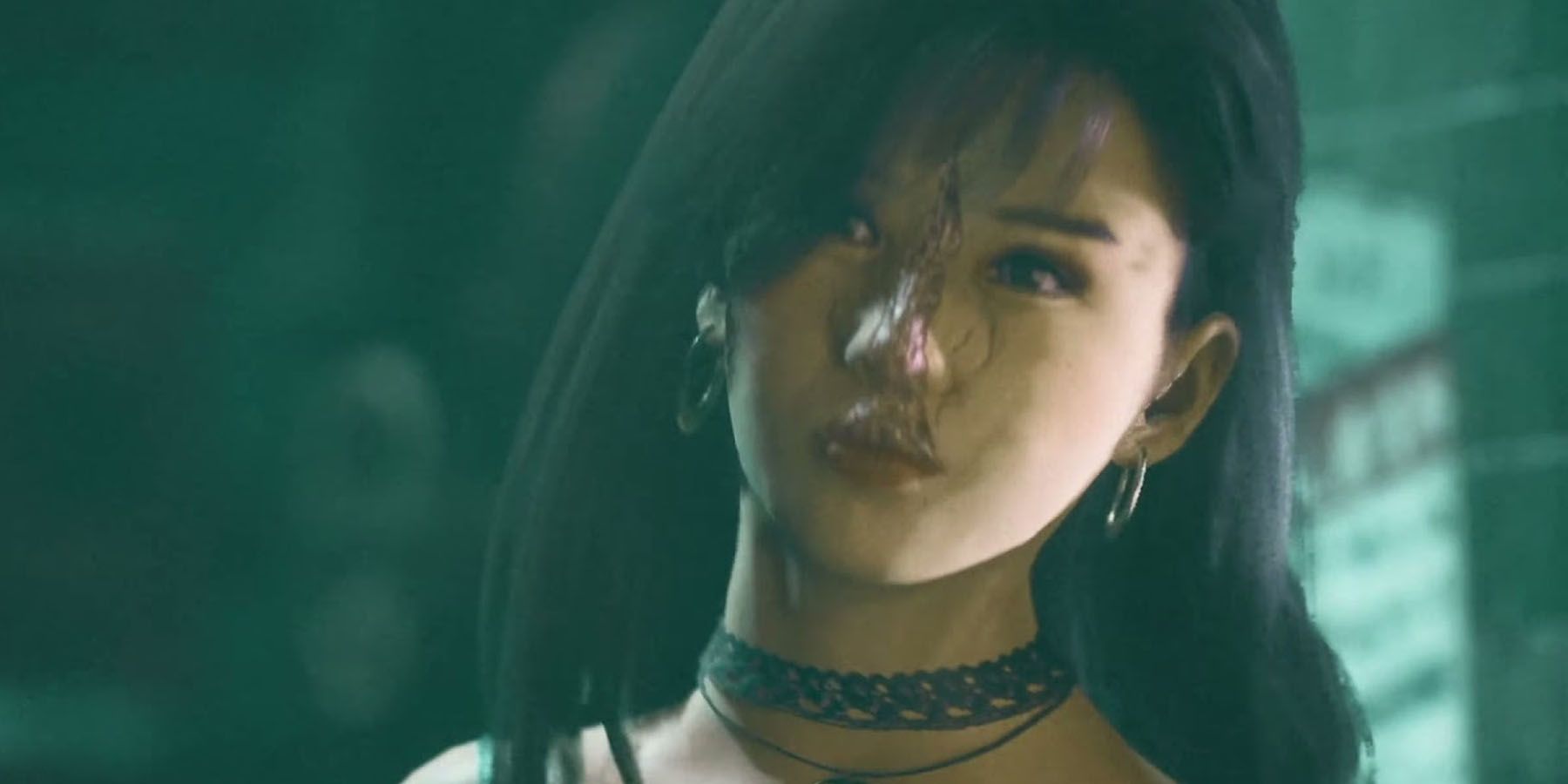One of the biggest and most surprising reveals from last year was Slitterhead at The Game Awards 2021. Slitterhead is a brand-new project from Keiichi Toyama, who is best known for being the creator of the original Silent Hill in 1999. With such a pedigree, Toyama would later go on to form Bokeh Game Studio in 2020 after leaving Sony Computer Entertainment, with other Silent Hill alumni like composer Akira Yamaoka. With horror fans keeping their attention glued on the development of the game, Toyama and other founders of the studio were happy to answer questions from fans.
These questions were answered via extensive Q&A videos regarding Slitterhead, giving the devs an opportunity to divulge a few extra details about the upcoming horror title. Accompanying Toyama in these videos is director Junya Okura and producer Kazunobu Sato, shedding light on the vision for this Silent Hill successor. This latest Q&A video discusses how Slitterhead will compare to Toyama's previous works, especially with regard to its creature design, game engine, structure, and more.
When Toyama was asked how this game will differ in comparison to Silent Hill, he reiterates his statement on how Slitterhead is aimed for gamers who usually don't play horror games. This is exemplified by the gameplay offering players the choice to confront the supernatural horrors head-on or to run away. He also emphasizes that he aims to immerse the player to generate fear instead of relying on jump-scares.
As for Slitterhead's supernatural inspirations, Toyama explains this is where he was most involved during development. Much of the process involved making them similar to humans, where they have their own values, culture, and intellect. He elaborates that despite this similarity, they would are beings that are hard to understand, more akin to insects or aquatic creatures. He cites their collective aspect to be one that he is greatly interested in.
The developers also answered other elements of the game, such as confirming Slitterhead will be using Unreal Engine, as opposed to an in-house engine during their previous project. The game's story structure was also discussed at length, promising that the player will be discovering the story through a variety of different angles. Toyama also clarifies that it wouldn't be an open-world game, but it won't be entirely linear either. When asked if the game would incorporate hidden joke endings like in previous Silent Hill games, he stated that if there was some spare time during development, they could also be possible.
Slitterhead is currently in development.




